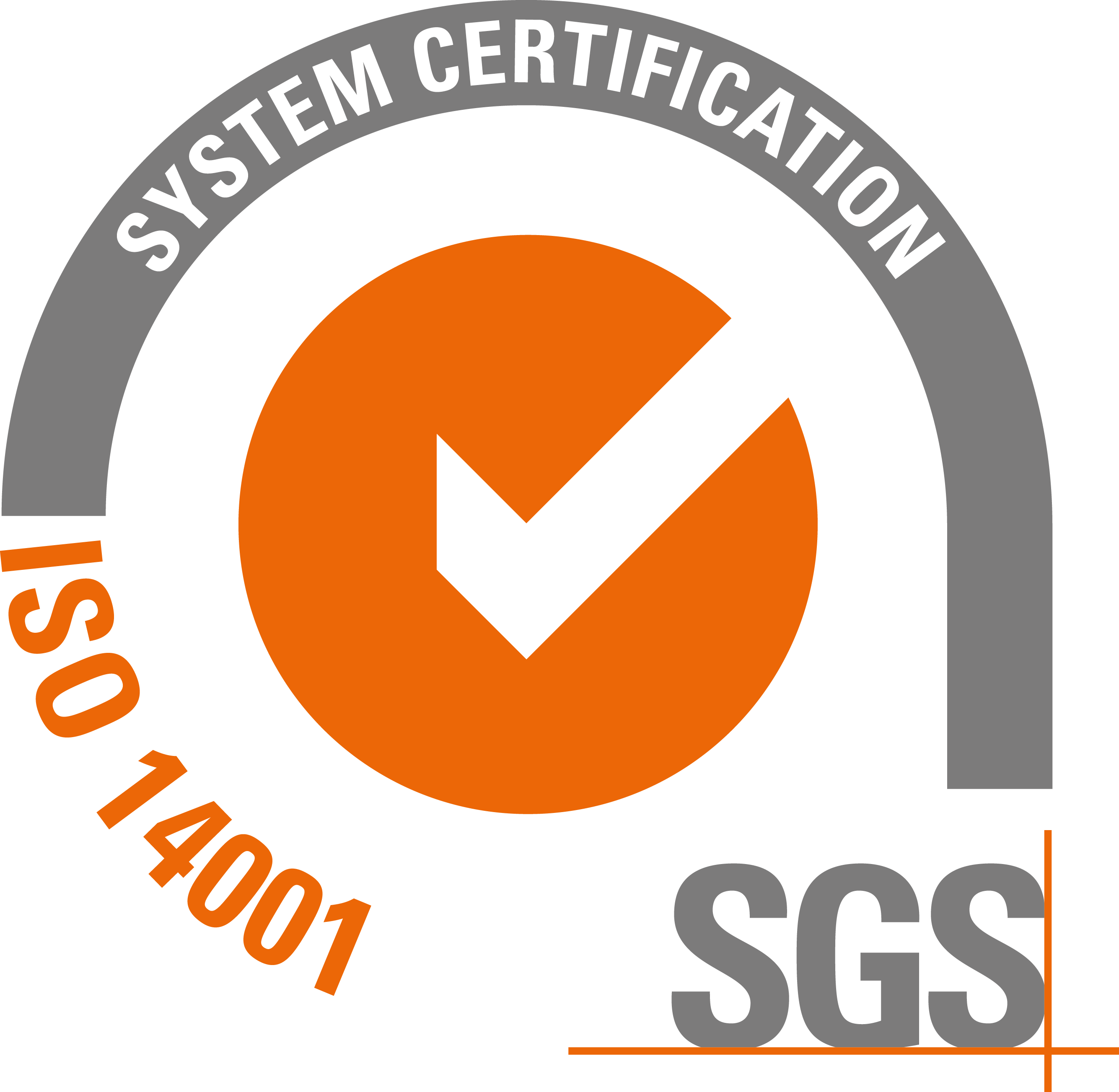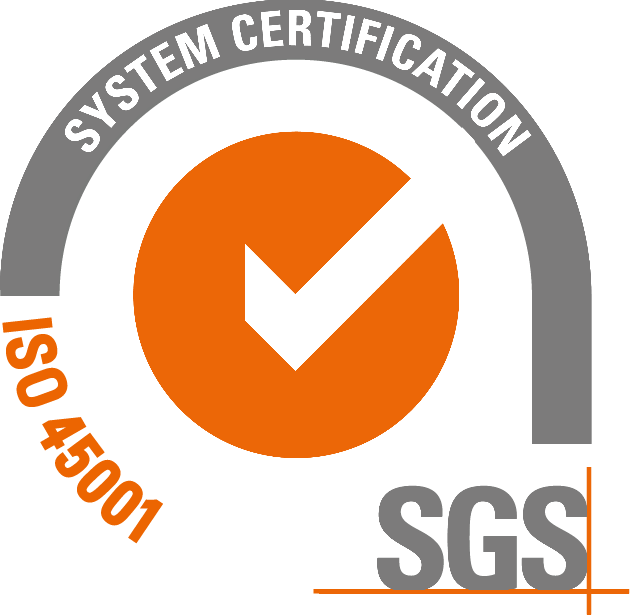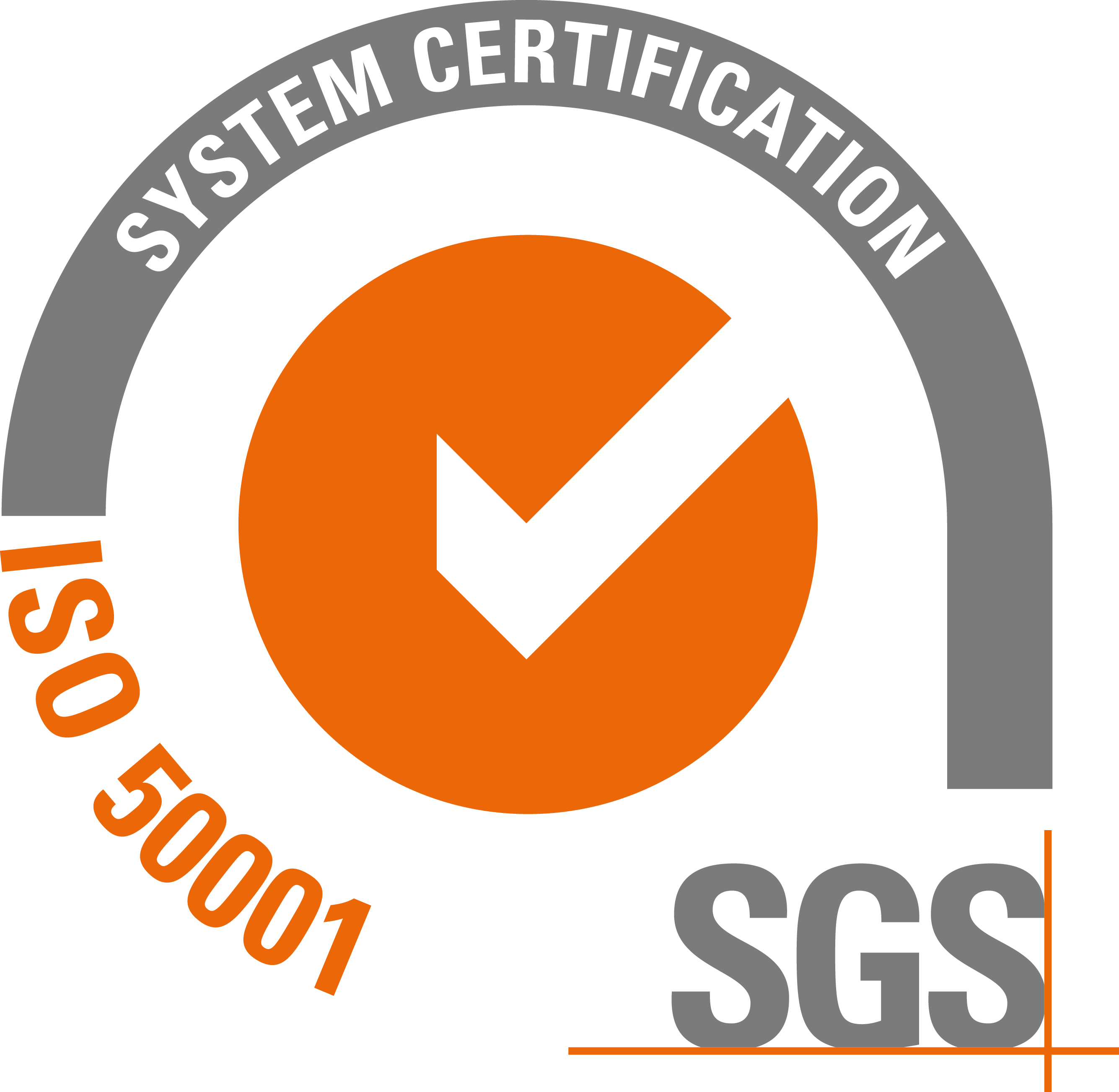28.11.2023
"Our purpose is to succeed in selling bread as a product with a future, and for that, we all have to work together."

The company started its journey almost 30 years ago and has since managed to remain a reference in the bread sector. How has the sector evolved during this time?
It has been 30 years of excitement and quite challenging for a significant part of the sector, while others have found these years very exciting. In my opinion, the sector is currently consolidating and creating a powerful industry with a lot of potential for the future. However, it is true that many people are unfortunately being left behind. Regarding consumption, one concern is that per capita bread consumption in Spain continues to decline. In this sense, the entire sector has a pending task to elevate this product to new heights. Our goal as a company is to sell bread as a healthy, Mediterranean product with a rich history and a promising future. To achieve this, we need to work together to ensure people appreciate it. Additionally, our company is highly focused on new generations, which may not have the same attachment as past generations. Therefore, we are directing our efforts towards creating an appealing and value-added bread.
How are the United Nations Sustainable Development Goals (SDGs) integrated into your business strategy?
The SDGs have served as a starting point and support for us. When we realized that we needed to communicate more effectively about our sustainability efforts, we turned to the SDGs because it seemed like a language that was already widely understood. After categorizing and classifying the SDGs, we identified four or five closely related to our activities that could have a significant impact. Similarly, in a second circle of influence, we have identified three or four others, and the rest are in a third, more distant circle. Additionally, we have created a multidisciplinary group, composed of logistics, R&D, quality, personnel, management, and marketing, working on the development, design, and monitoring of an annual plan in all departments for the implementation of specific and timely actions that improve based on the perspective of one or more SDGs.
What challenges does Okin set as a leading sustainability company in the sector?
Our main challenge right now, as a sector and company, is to work more on the value chain level to reduce, for example, carbon footprint and many other aspects. In recent years, Okin has stopped focusing solely on itself and has discovered an environment where we can have a positive impact.
Digitalization and Industry 4.0 are future challenges in the bread sector. What projects are you carrying out in this regard? What challenges remain to be addressed in terms of R&D+i in the sector?
In recent years, we have made significant progress in this aspect. Digitalization is somewhat like sustainability, a challenge that we suddenly became aware of its existence. However, it is crucial not to get overwhelmed by all the stimuli and support and to have a clear and planned innovation strategy aligned with our company.
Our company is quite advanced at the process and facility level, especially in terms of robotics, big data, etc. This is because we have been using new technologies for several years to understand and improve our processes. There are very accessible technologies for those with clear ideas and value propositions. However, I believe this is an obvious part of Industry 4.0. If we genuinely want to be a digitized company, we need to start using Industry 4.0 tools to understand the consumer in their moments of purchase, habits, or needs. This is one of our pending tasks as an SME; using new technologies and customer data for the development of high-value-added products.
Finally, how do you see the future of Okin in the next 10 years?
As mentioned earlier, we have a very clear purpose, which is to democratize the quality of bread, a product with a rich historical and nutritional background that we can enhance. Our desire is to rejuvenate bread in some way and also make it a great place to work. We are a small and family-owned company, with all that entails, always making long-term decisions and considering our surroundings. We have strong local roots with our factories but with a significant focus on expanding internationally. In essence, better bread, a better company, and a better environment."









